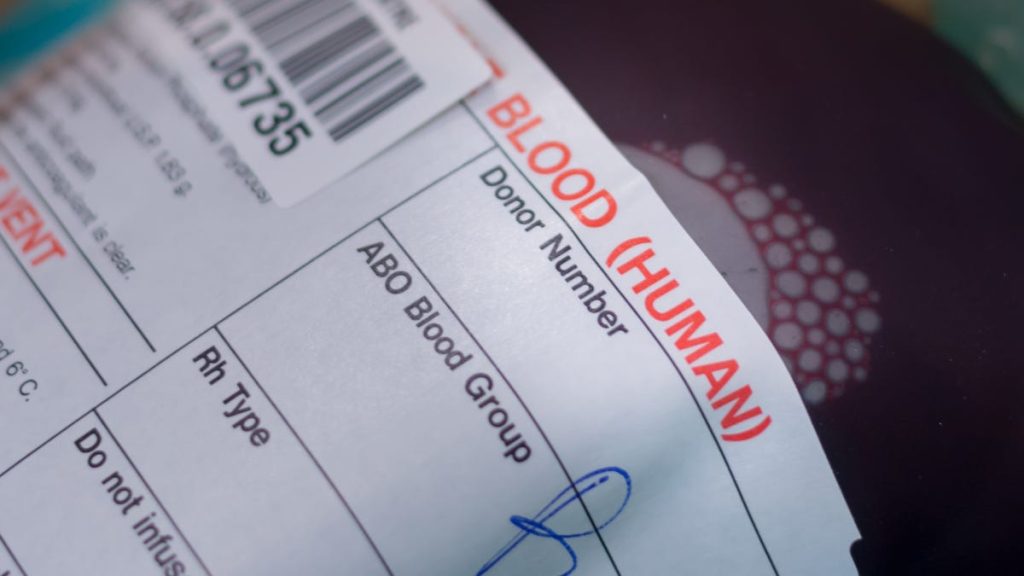Determining your blood type is crucial for your overall wellness, as it can be vital in emergency situations and making the process of filling certain forms easier. Despite its importance, only 66% of Americans reported knowing their blood type in a 2019 CBS News poll. Blood type is categorized into eight groups, including A-positive, A-negative, B-positive, B-negative, O-positive, O-negative, AB-positive, and AB-negative. These blood types are determined by antigens on the surface of red blood cells, such as the A, B, and Rh antigens.
There are three main ways to determine your blood type: having a clinical test performed by a doctor, donating blood, or using an at-home blood test. Clinical tests involve mixing the blood sample with antibodies against type A and B blood and performing forward and reverse typing to determine the blood type. Donating blood is a free way to find out your blood type, with results usually available within a few weeks. At-home blood tests are straightforward and involve pricking your finger to draw blood, then comparing the blood stain to a results card to determine your blood type within minutes.
Knowing your blood type is essential for understanding your overall health, including your heart health, and can potentially save your life in an emergency. By finding out your blood type through one of the easy methods available, you can ensure that you are prepared for any situation that may arise where this information is needed. Whether it’s through a doctor’s clinical test, donating blood, or using an at-home kit, taking the initiative to determine your blood type is a simple step towards prioritizing your wellness and being proactive about your health.
Blood types are determined by antigens on red blood cells, with A, B, AB, and O blood types being the most common. The Rh factor, which determines whether blood is positive or negative, is also crucial in understanding blood types. By knowing your blood type, you are equipped with vital information that can be crucial in emergencies and medical situations, where this information is needed for treatment decisions and compatibility with blood transfusions. Understanding the basics of blood type can empower you to take control of your health and ensure that you are well-informed about your body’s needs.
In conclusion, determining your blood type is a simple yet important step in prioritizing your wellness and being proactive about your health. With various methods available, including clinical tests, blood donation, and at-home kits, finding out your blood type is relatively straightforward. By knowing your blood type, you are better prepared for emergency situations and medical care, as well as being able to fill out forms and provide essential information when needed. Take the initiative to determine your blood type and empower yourself with knowledge that can potentially save your life.











